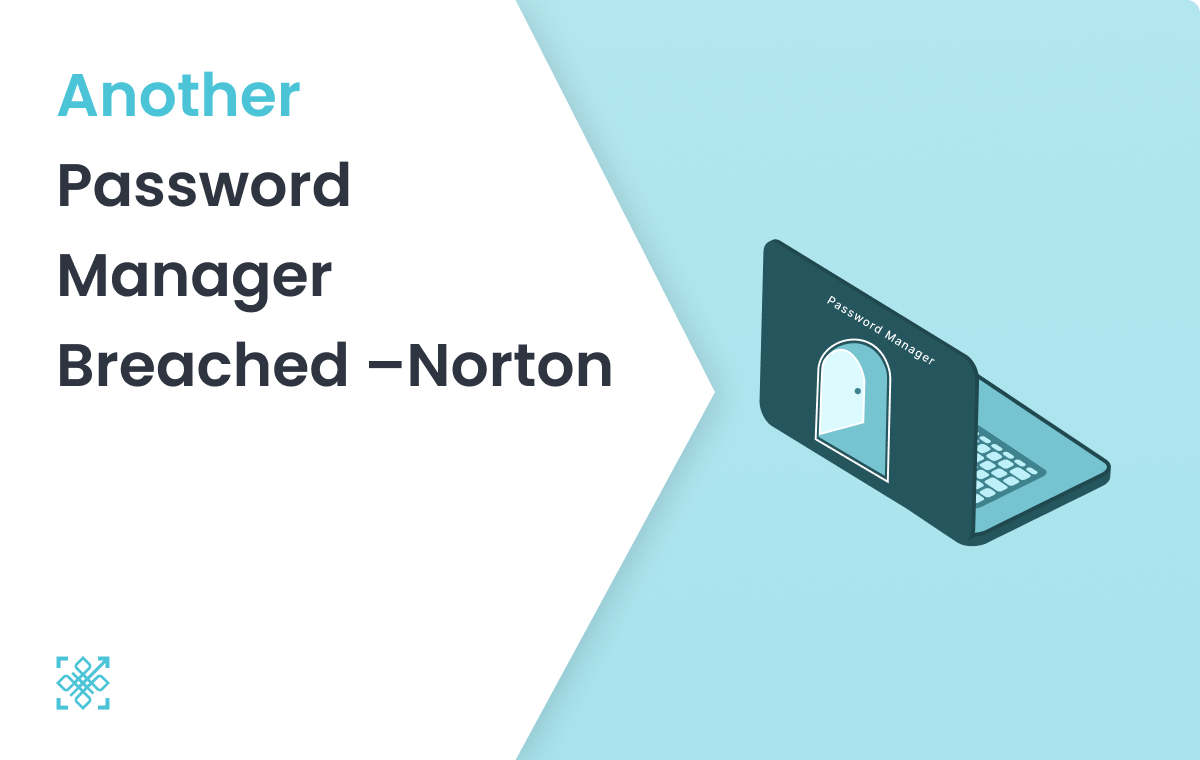Connect with Us!
Subscribe to receive new blog post from PureID in your mail box

In January, 2023 Gen Digital, a firm previously popular as Symantec and NortonLifeLock , found itself targeted by a significant Credential Stuffing attack. The attack resulted in the compromise of thousands of user accounts.
Just weeks prior to this incident, LastPass, a prominent competitor of Gen Digital in the password manager market, fell victim to a breach. This breach followed a prior cyberattack against LastPass in August. According to LastPass, the hackers leveraged technical data pilfered during the August cyberattack to gain unauthorized access to its cloud storage system.
It's worth noting the irony here – the very software designed to fortify defences against cyber attacks found itself in the crosshairs of one. To draw a parallel, it's akin to a scenario where the police station itself becomes the target of a burglary.
Credential Stuffing
Credential stuffing refers to the use of credentials such as username, email id and personal information from previous security breaches. These credentials are fed to other login systems to gain access to other websites. Unlike other cyber attacks, Credential Stuffing does not require brute force. Instead it uses a simple web solution to stuff thousands of stolen credentials into login systems. Credential stuffing is one of the oldest tricks in the book. It’s very easy to fall victim if one uses the same or similar credentials on multiple sites.

I recently explored the website "Have I been pwned" and was shocked to see one of my personal email ids compromised in a previous attack. Going through their listing on breached websites made me realise how unsafe our credentials and information are, and how easily one can gain access to it.
Impact of the Incident
In an internal investigation in December 2022, NortanLifeLock detected "unusually large volume" of login attempts. They found that a malicious actor was using a list of credentials obtained from illegal marketplaces on "dark web".
Nortan commented that 925,000 people were targeted in a credential-stuffing attack. It is probable that the data does contain names, phone numbers and addresses of users. The attackers might also have access to Norton Password Manager users’ private vault data. This vault contains stored passwords for other online accounts. The firm is not commenting on how much customer data actually got a negative impact because of the attack.
Nortan relaeased a warning to it's users after failing to reject the mass login attempt. They indicated that they "strongly believe that an unauthorised third party knows and has utilised your username and password for your account." They also suggested the users to use 2 step authentication systems and provided free credit monitoring services to affected users.
Amplification Effect
The Password managers are a hot target because they provide adversaries with an amplified power to gain access to multiple accounts by compromising one password manager account.
As they say putting all the eggs in one basket is a bad strategy. Keeping all passwords in one manager will have a huge impact if compromised.
Passwords are not assets; they represent security vulnerabilities. Rather than locking them away in a vault, consider going passwordless. #GoPasswordless
Subscribe to receive new blog post from PureID in your mail box